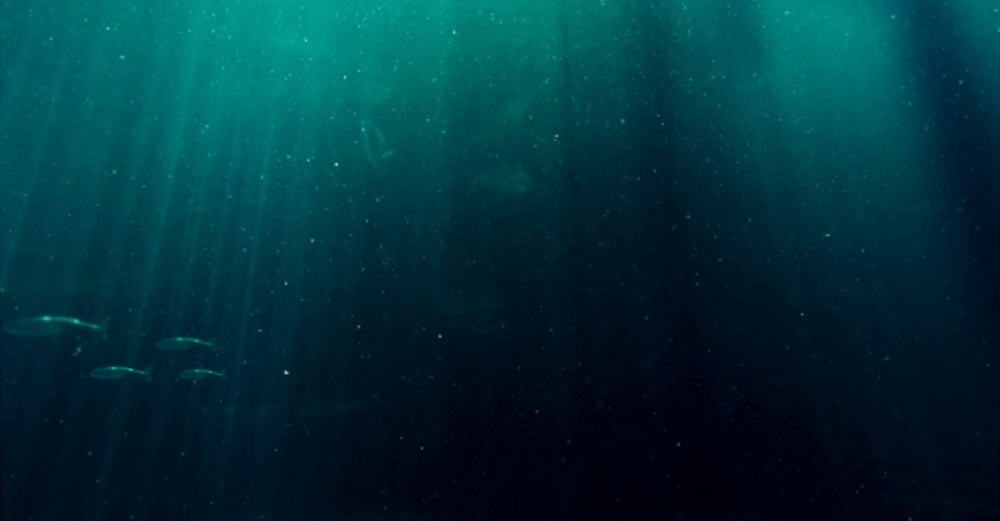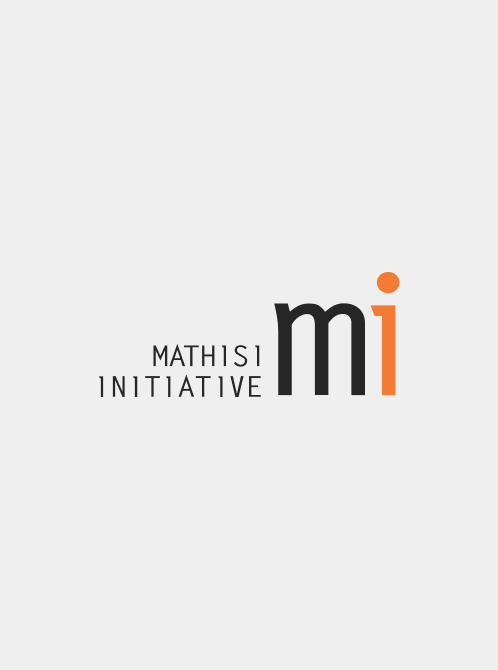Our actions
Racecar Challenge, a national autonomous car competition
Prerequisite: completing Racecar Neo Mathisi Outreach, a free online Python and robotics course from the Beaver Works Summer Institute at MIT (BWSI).
For Gymnasio and 1st Lykeio students anywhere in Greece
- Python and robotics simulation
- Certificate of completion from BWSI at MIT
- 1st prize: last week of BWSI’s summer camp on MIT campus.
Module Development & Pilot
Our focus
- STEM Core
- Cross-disciplinary
- Project-Based (hands-on, problem solving)
- Collaborative (teamwork)
- Linked to national curriculum and real-world applications
Our approach
- Collaboration with teachers and schools
- Prototyping, play-testing and in-class piloting
- Assessment tools and analysis
“CogWorks” Autonomous Cognitive Assistant:
A BWSI’s online and English-based course on machine learning for Lykeio students
Project-based with modules for developing machine learning models that leverage audio, visual and linguistic data
In pilot for the 2023/24 school-year at Pierce - ACG
- BWSI Certificate of Completion
- Foundational mathematical, programming, and data analysis skills, to create algorithms and neural networks from scratch.
“Smart Food”, a 7th grade cross-disciplinary STEM course:
Developed and piloted in 2022-2023, with the Moraitis School in Athens and MIT J-WEL
Project-based cross-disciplinary STEM course
- Discovery of interconnections between plants, the food chain, human’s energy needs and the environment, through hands-on activities
- Gymnasio core in Biology, Physics, with data analysis and ML, project building and teamwork
- Teachers’ in-school curriculum development and outcome assessment (140 students)
Summer Camp
In collaboration with MIT-JWEL in summer 2019
STEM multidisciplinary, project-based 2-week program
- 2-week immersive learning in summer 2019, hosted by the Moraitis School.
- Taught in “the MIT way”, with hands-on learning, advancing STEM knowledge to develop solutions to real problems.
- Teamwork, project building and final team presentations.
- Facilitated by MIT and Greek educators, using resources and materials developed by MIT and adapted for the STEM Camp in Greece with Mathisi.
- In English, attended by 60 students from 20 different schools.
1st week: six science-based modules and three skill-development activities (Scratch programming, electronics construction models and hard tool training).
2nd week: prototyping and building a project. Presentations on the last day.
Wind Turbine Design & Design Thinking
Introduction to the topic of harnessing wind power for energy, and investigating common problems associated with wind turbines, using basic concepts of physics and electrical engineering. Introduction to Design Thinking, using the methodology to design a wind turbine around the needs of a community and building a model in teams.

Internet of Things for Healthy Plants
Learning about plant processes and using sensors to measure and evaluate plant health and growth. Using a block-based programing language to remotely monitor and optimize plants’ condition, fostering students’ understanding of the capabilities of Internet of Things, plant health and different forms of energy.
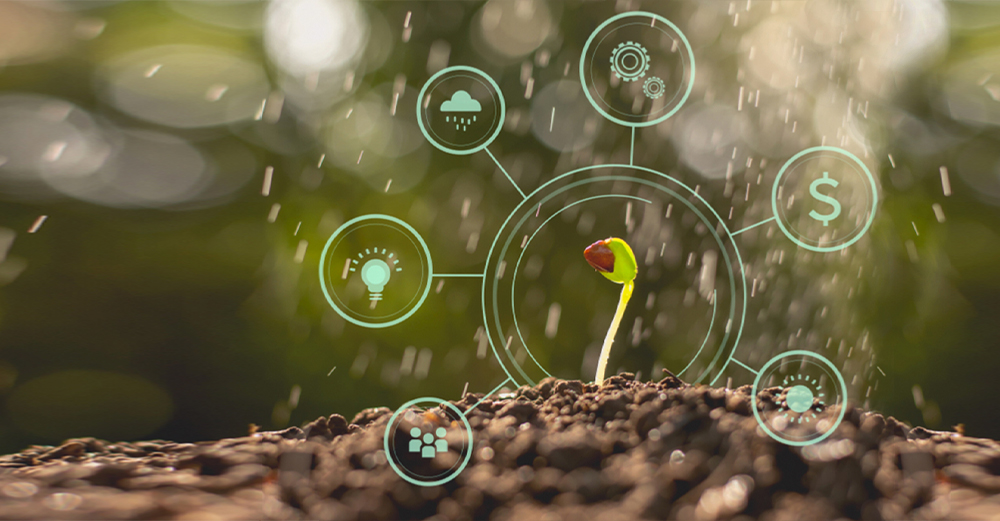
Exploring Aquatic Microbiome
Learning foundational biology techniques to explore local Aquatic Microbiome in a hands-on, experimental, and creative manner. With microscopes, identifying different organisms present in the water, observing their development, and investigating the connection between the organisms present in water and local ecology/life systems.
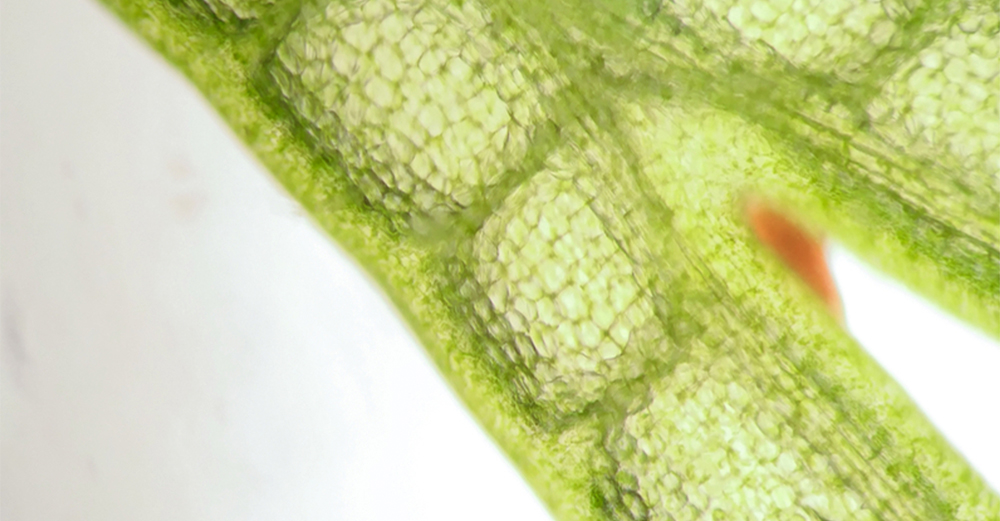
Waterkinesis: EEG-driven boats
Using concepts of engineering and programing to program and calibrate an EEG-driven system using special headsets, to attempt to drive and control the motion of motor-driven devices in pools of water in response to changes in human emotional states.

Food as Fuel
Exploring food consumption and energy concepts and needs with concepts of chemistry. Investigating essential questions about energy and food and experimenting using calorie-measuring devices and physical activity.
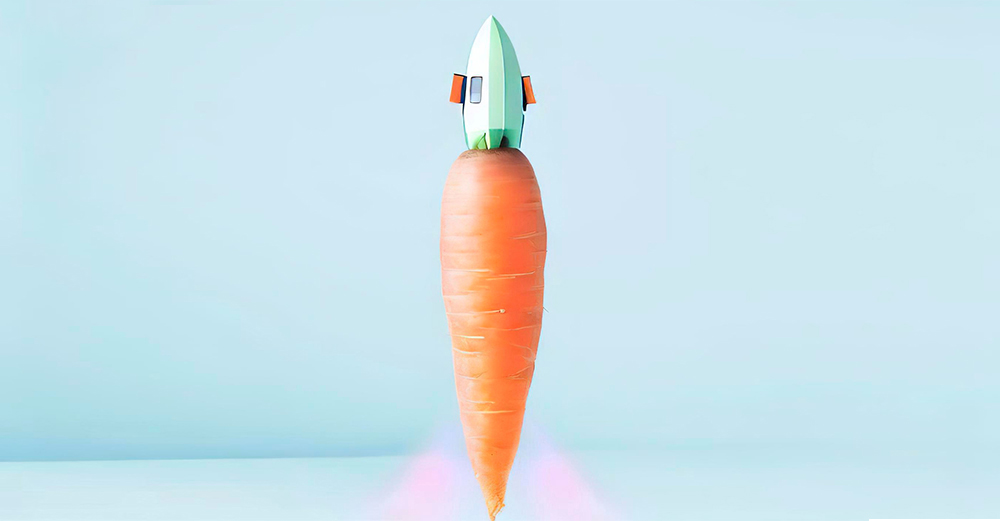
Ocean Acidification
Introducing the concept of acidity and its effect on the ocean ecosystem. Testing different household chemicals and drinks, and assessing the consequences of the changing pH level on chemical and biological processes taking place in the ocean, such as carbon storage and calcification.
